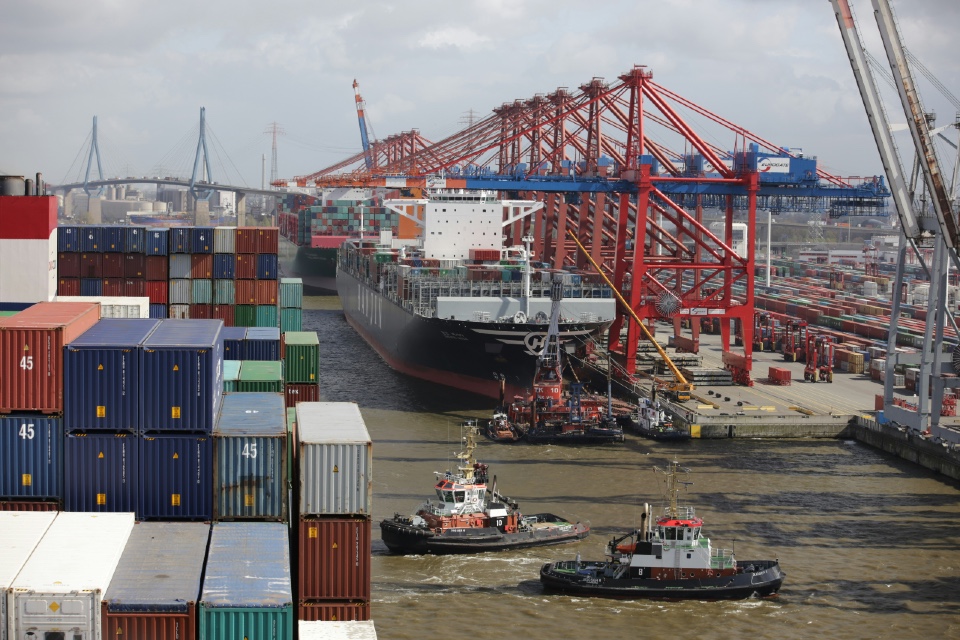UK businesses are not doing enough to identify modern slavery in their supply chains, according to the Chartered Institute of Procurement & Supply (CIPS) has found.
A survey of 897 supply chain managers found that almost a third (31 per cent) of UK supply chain managers admitted they did not think their business was taking the necessary steps to tackle the issue.
The survey found inertia amongst businesses when it comes to introducing anti-slavery policies. Since the introduction of the UK Modern Slavery Act three years ago, only a quarter (23 per cent) of companies that the Act applies to have undertaken site inspections to check for evidence of any slavery or human trafficking, demonstrating a worrying lack of progress from last year, when only 22 per cent had undertaken inspections.
This year, half of supply chain managers (50 per cent) reported that they have provided modern slavery training to their staff – only a slight jump from the 45 per cent that provided training in 2017.
Greater awareness of modern slavery has not transferred into greater support within businesses, with almost a third (31 per cent) of supply chain managers who the Act applies to saying there is greater pressure to find modern slavery but no extra resources to help them do so. Almost three quarters (70 per cent) also said they wanted more access to guidance and training on how to tackle the problem.
Cath Hill, CIPS Group Director, said: “Awareness of modern slavery alone will do little to help exploited people. These figures suggest that the spirit is willing, but the flesh is weak when it comes to rooting out slavery.
“Eliminating human suffering is not something that can be done on a piece of paper. Modern slavery is an issue that requires constant, proactive attention from the whole business community, sharing knowledge, best practice and intelligence. There needs to be a change in mindset. Instead of seeing modern slavery prevention as an annual compliance exercise, business and government must integrate it into the way they conduct due diligence every day. “Businesses, governments, and consumers must be reminded that we are talking about human beings working in dreadful conditions with little or no pay and without the freedom to live their lives, just to save the rest of us a few pence at the checkout.”
The survey found that only four per cent of UK businesses had found instances of slavery in their supply chains since the Modern Slavery Act was introduced three years ago, despite National Crime Agency figures suggesting the problem is on the rise.
While the Modern Slavery Act may have succeeded in raising awareness of the issue, further commitments from Government and businesses are now needed to take the fight against slavery to the next level.
Hill, added: “Supply chain professionals cannot win the fight against modern slavery on their own. Both the Government and the wider business community need to provide substantially more guidance and resources to equip procurement professionals with the tools they need to rid UK supply chains of this terrible crime.”







